All thanks to perovskite solar panel technology.


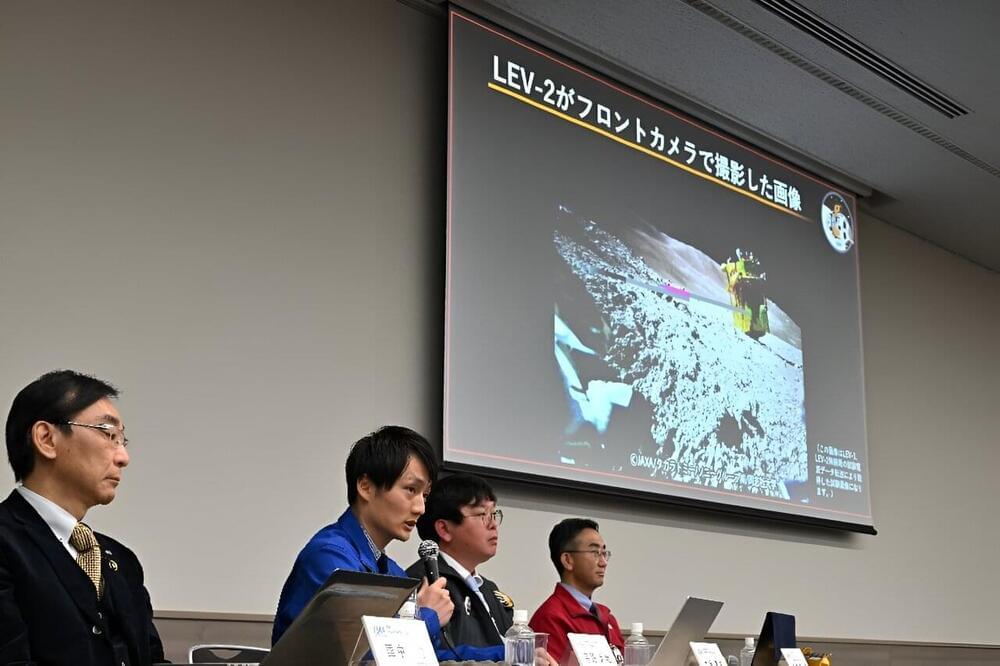
Japan’s moon lander has come back to life, the space agency said Monday, enabling the craft to proceed with its mission of investigating the lunar surface despite its rocky start.
The surprise announcement was a boost to Japan’s space program, nine days after the Smart Lander for Investigating Moon (SLIM) touched down at a wonky angle that left its solar panels facing the wrong way.
“Last evening we succeeded in establishing communication with SLIM, and resumed operations!” JAXA said on social media platform X, posting a grainy image of a lunar rock known as a “toy poodle”
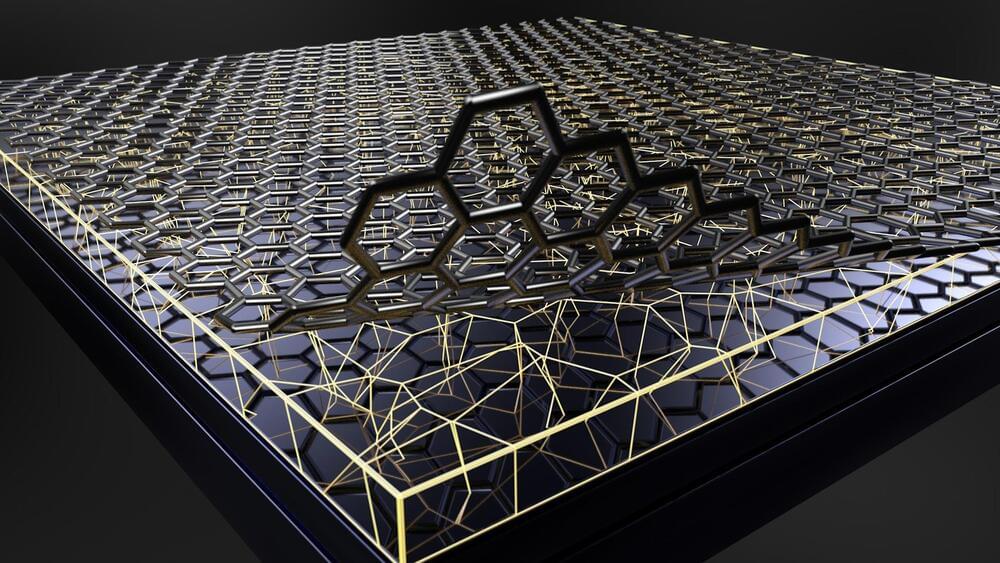
Hexagonal boron nitride coatings on metal alloys enhance durability, reduce friction, and protect against harsh conditions, paving the way for improvements in solar panels, semiconductors, and aerospace components.
Researchers demonstrated that stainless steel and other metal alloys coated with hexagonal boron nitride, or hBN, exhibit non-stick or low-friction qualities along with improved long-term protection against harsh corrosion and high-temperature oxidation in air.
Metal alloys — mixtures of two or more metals — are created to be strong, durable, and resistant to corrosion or oxidation. By adding coatings, or “armor,” to make those materials even tougher, scientists could enhance existing products and enable the creation of new, innovative ones.
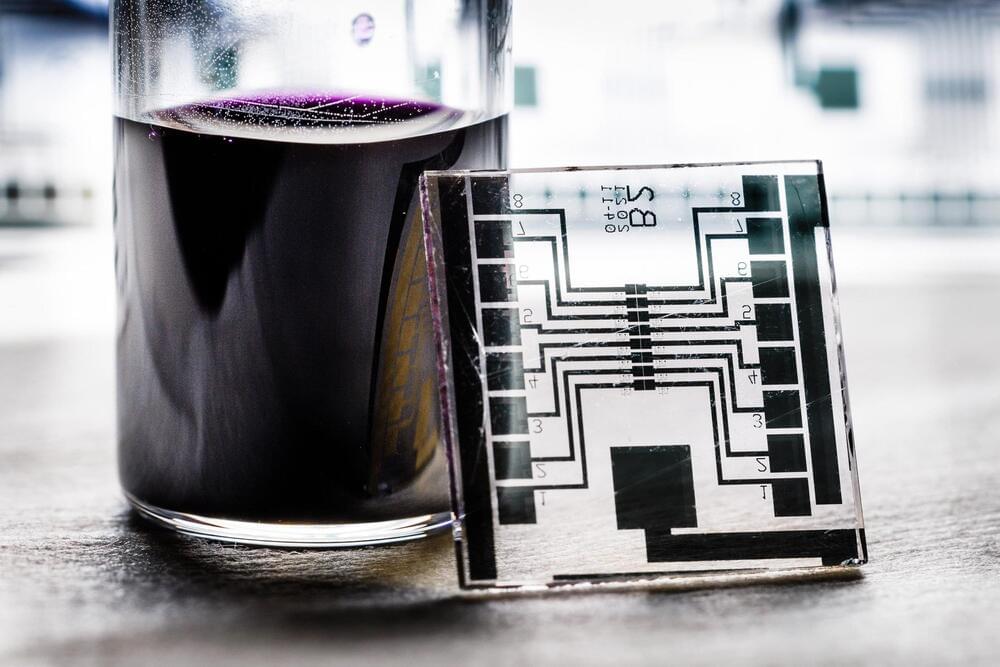
Researchers at Linköping University, Sweden, have developed a new, more environmentally friendly way to create conductive inks for use in organic electronics such as solar cells, artificial neurons, and soft sensors. The findings, published in the journal Nature Communications, pave the way for future sustainable technology.
Organic electronics are on the rise as a complement and, in some cases, a replacement to traditional silicon-based electronics. Thanks to simple manufacturing, high flexibility, and low weight combined with the electrical properties typically associated with traditional semiconductors, it can be useful for applications such as digital displays, energy storage, solar cells, sensors, and soft implants.
Challenges in Organic Electronics.
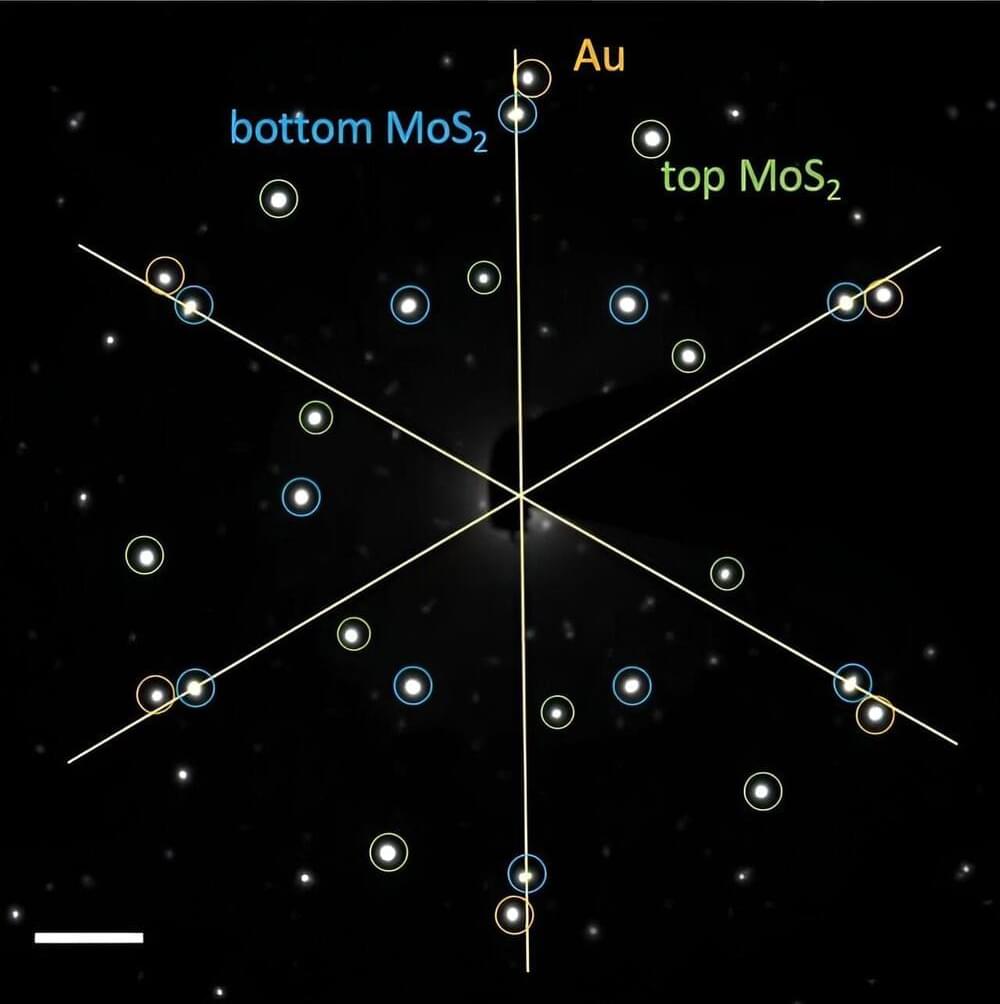
Researchers with the Department of Energy’s SLAC National Accelerator Laboratory, Stanford University and the DOE’s Lawrence Berkeley National Laboratory (LBNL) have grown a twisted multilayer crystal structure for the first time and measured the structure’s key properties. The twisted structure could help researchers develop next-generation materials for solar cells, quantum computers, lasers and other devices.
“This structure is something that we have not seen before—it was a huge surprise to me,” said Yi Cui, a professor at Stanford and SLAC and co-author of a paper published in Science describing the work. “A new quantum electronic property could appear within this three-layer twisted structure in future experiments.”

Researchers at Cornell University have made a battery breakthrough they say could assuage these concerns. The researchers created a lithium battery that can charge in under five minutes, while still delivering a stable performance through repeated “charging and discharging” cycles.
Lithium-ion batteries have been popular for electric vehicles because they’re lightweight, energy efficient, and have a long life. How long those batteries take to charge depends on their size and what sort of charger they’re plugged into. Fast chargers can charge an EV in as little as 30 minutes, while “level 1” chargers often found in residential homes could take more than 40 hours. (There have been charger developments too; a company called Gravity says its chargers take just five minutes on vehicles with a 200-mile range, though some EVs aren’t designed to handle these chargers’ power.)
For all of a lithium-ion battery’s benefits, it also comes with downsides, including the time it takes to charge and issues handling a large surge of current. The researchers instead found that a metal called indium, often used for touchscreens and solar panels, helps with fast charging and storage in batteries. Their battery uses indium anodes (lithium-ion battery anodes typically use graphite coated on copper foil).

Despite this historic feat achieved by the Smart Lander for Investigating Moon (SLIM), challenges persist.
The mission team established immediate communication with the lander post-landing, but concerns arose as the solar cell struggled to generate electricity.
Japan Aerospace Exploration Agency (JAXA) decided to switch off the Moon lander almost three hours after the historic landing.
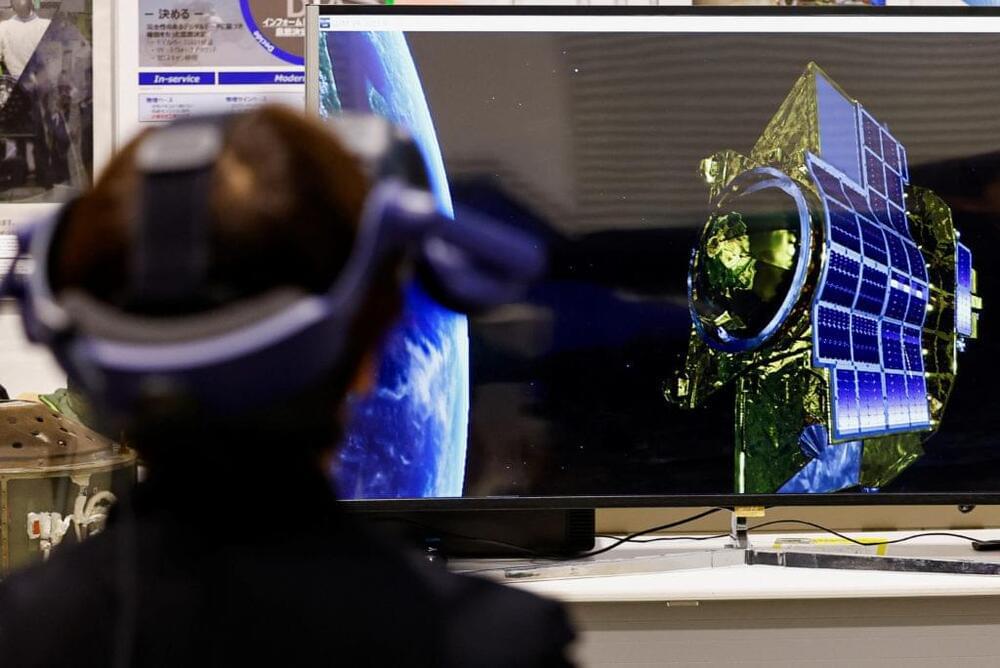
TOKYO (AP) — Japan became the fifth country in history to reach the moon when one of its spacecrafts without astronauts successfully made a soft landing on the lunar surface early Saturday.
However, space officials said they need more time to analyze whether the Smart Lander for Investigating Moon, or SLIM, achieved its mission priority of making a pinpoint landing. They also said the craft’s solar panel had failed to generate power, which could shorten its activity on the moon.
Space officials believe the SLIM’s small rovers were launched as planned and that data was being transmitted back to Earth, said Hitoshi Kuninaka, head of the Institute of Space and Astronautical Science, a unit of Japan’s space agency.
Caltech’s Space Solar Power Demonstrator (SSPD-1) was launched into space one year ago.
After nearly a year in orbit, Caltech’s Space Solar Power Demonstrator (SSPD-1) reached its end of mission.

“This research highlights the relatively rapid insect community responses to habitat restoration at solar energy sites,” said Leroy Walston.
How could solar energy facilities contribute to insect populations? This is what a recent study published in Environmental Research hopes to address as a team of researchers investigated how insect and plant populations in re-established habitats comprised of wildflowers and native grasses changed during a five-year period in the vicinity of photovoltaic (PV) solar array parks. This study holds the potential to help scientists, engineers, and conservationists gain greater insight into the ecological impact of solar farms on newly planted vegetation.
For the study, the researchers surveyed two solar sites located approximately 100 miles (160 km) apart in southern Minnesota, Eastwood Solar Site and Atwater Solar Site, between 2018 and 2022 for changes in insect and plant populations on restored land with native forbs and grasses. After conducting 358 observations of across sites, the researchers found increases in the biodiversity of both sites, including plant species and total insect abundance.